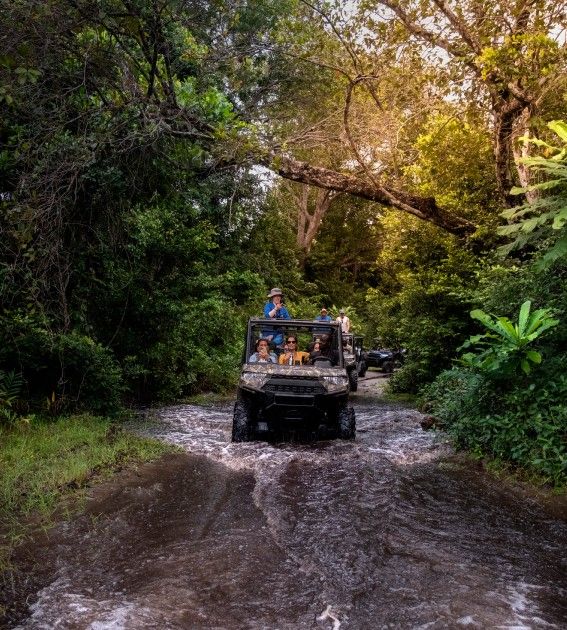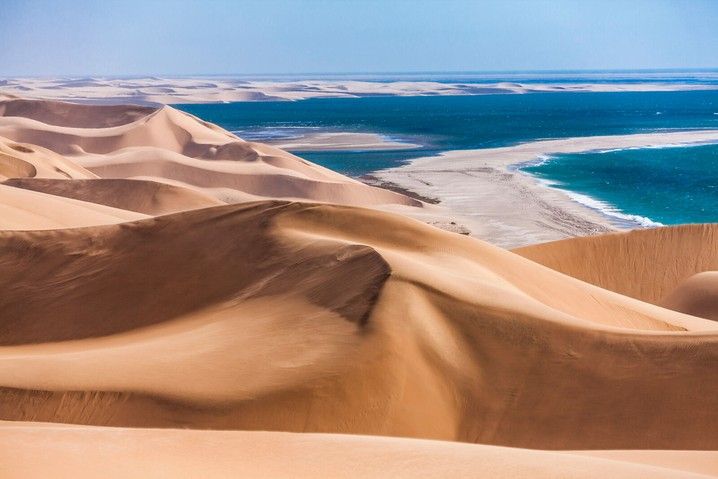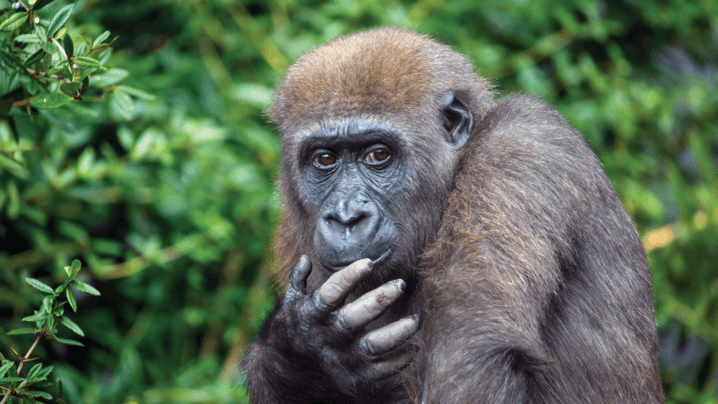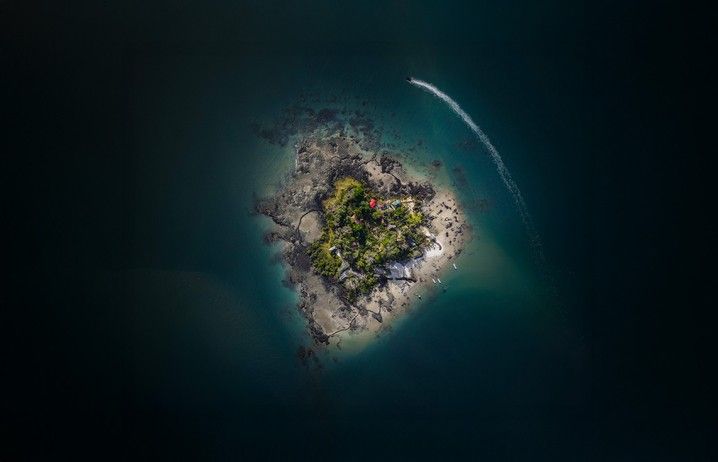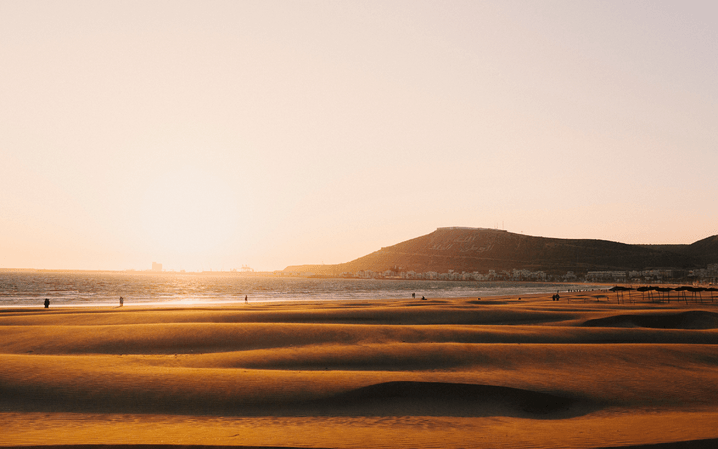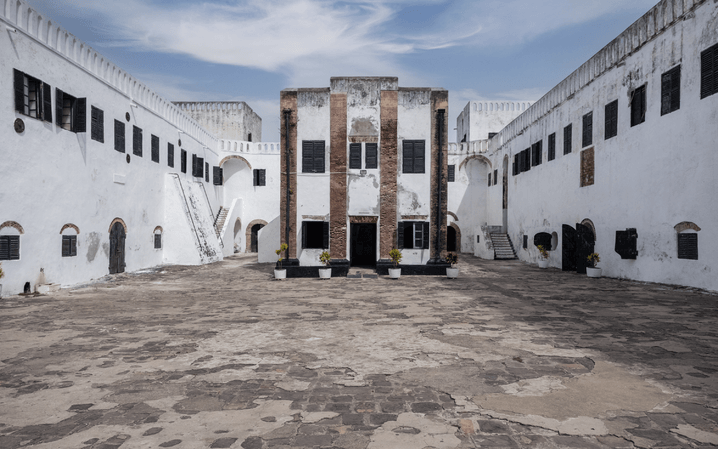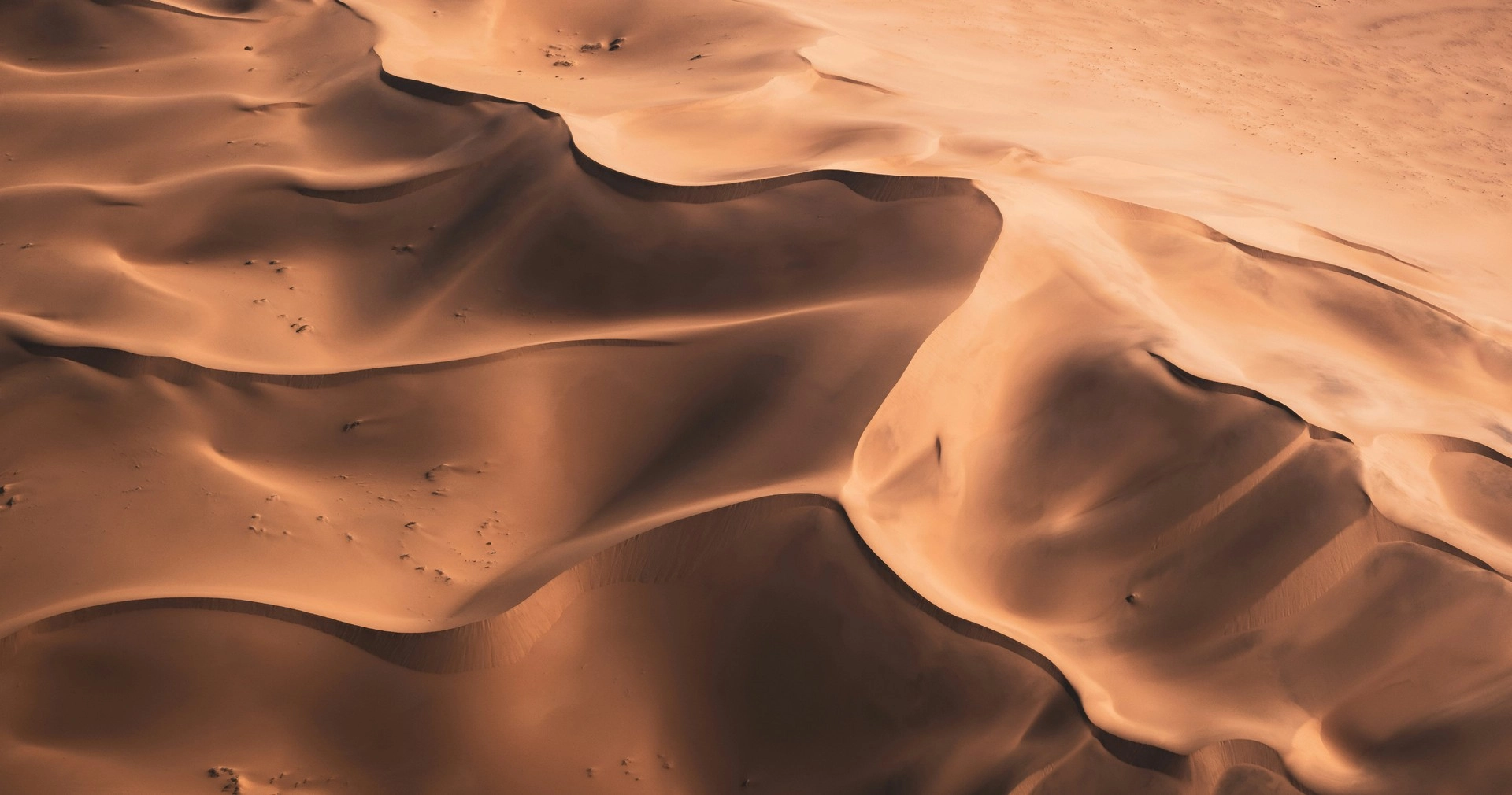
AFRICA
The wonders of the African coast are waiting for you…
What Awaits You
Welcome to a captivating continent of discovery. A land of fascinating, vibrant cultures, awe-inspiring wildlife, and breathtaking landscapes. One of the world’s most spectacular coastlines, no matter where you go or what you do, you will remember your adventures here forever.
Adventures await
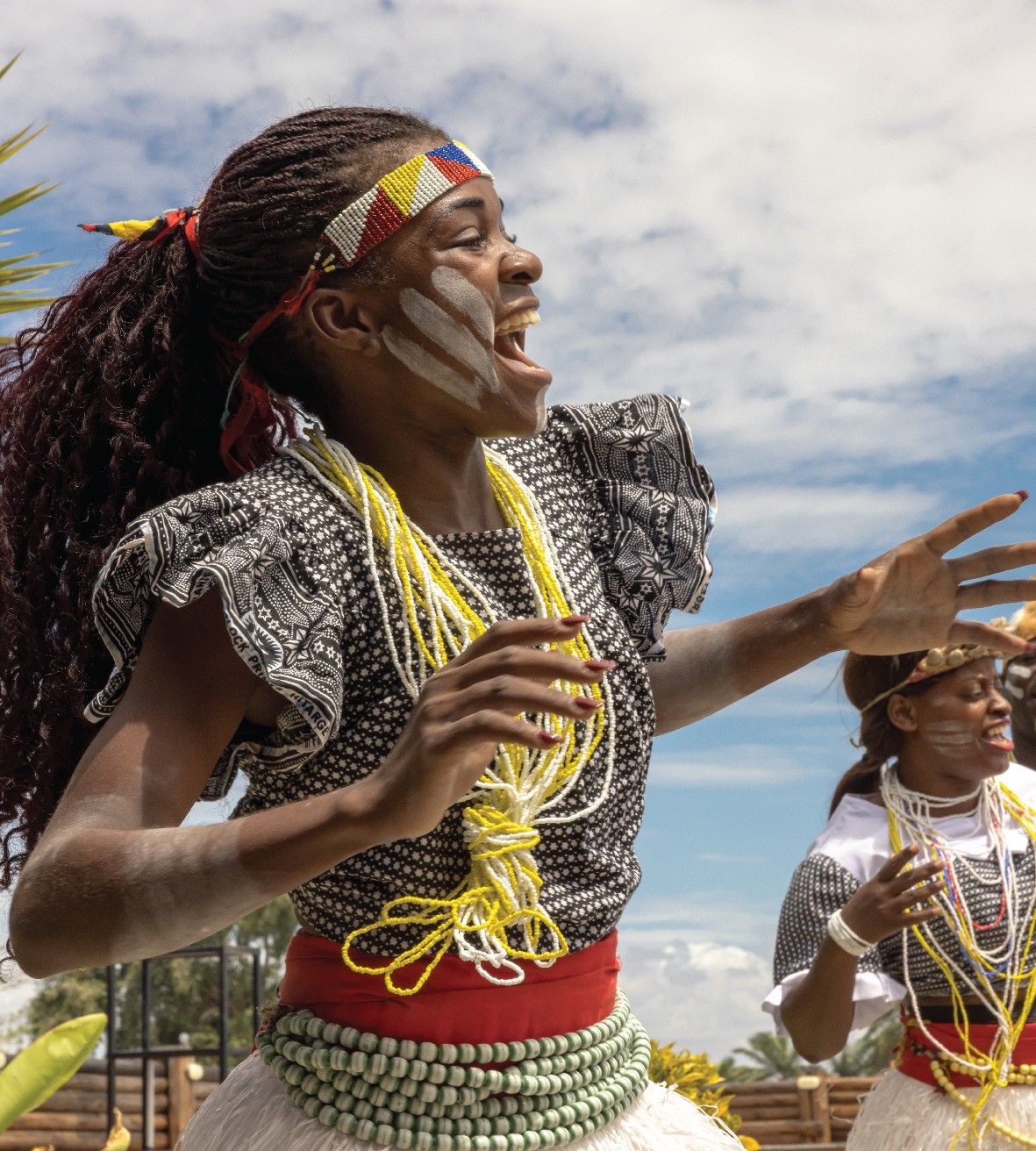

Up close to nature
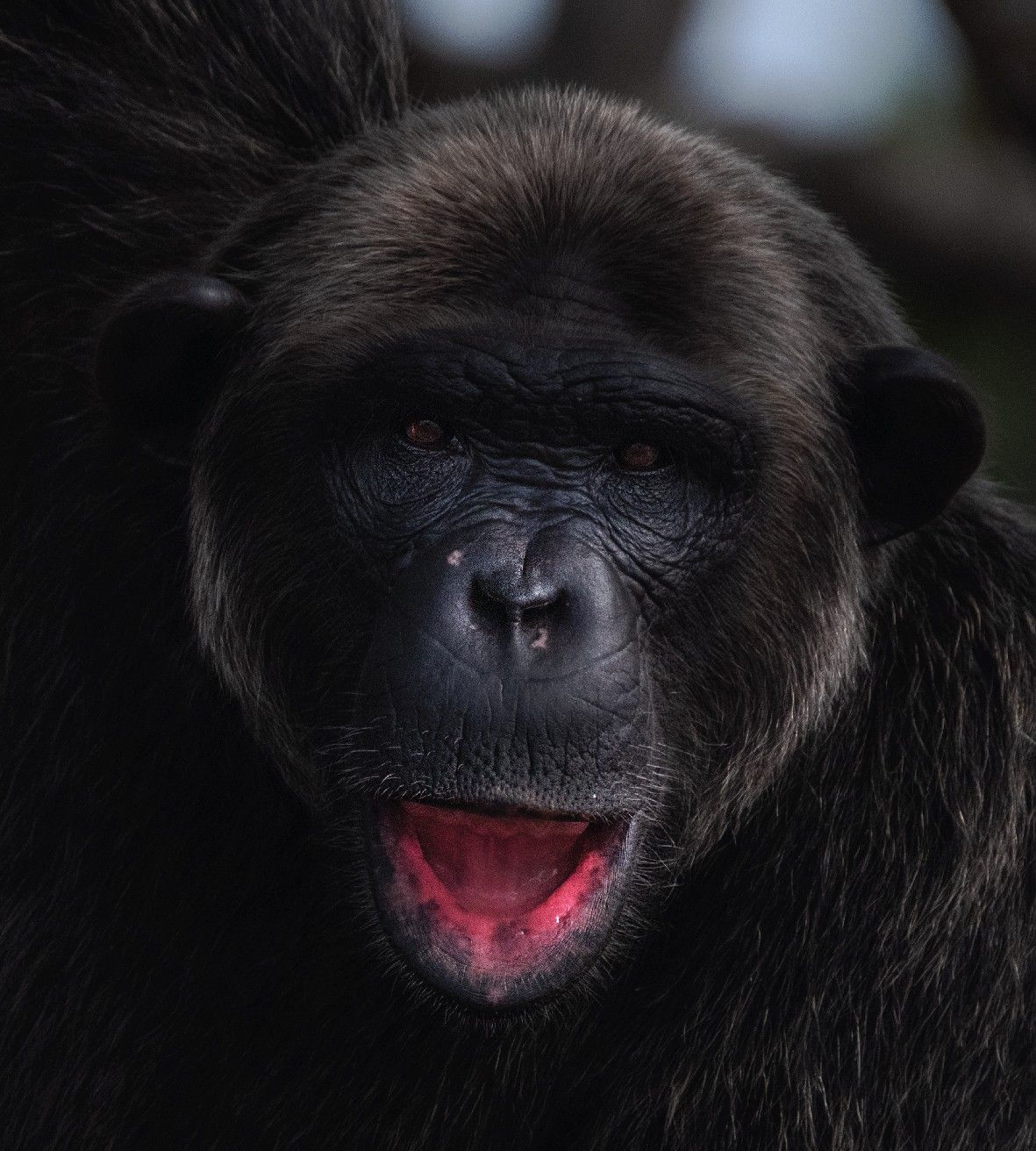

Touched by history
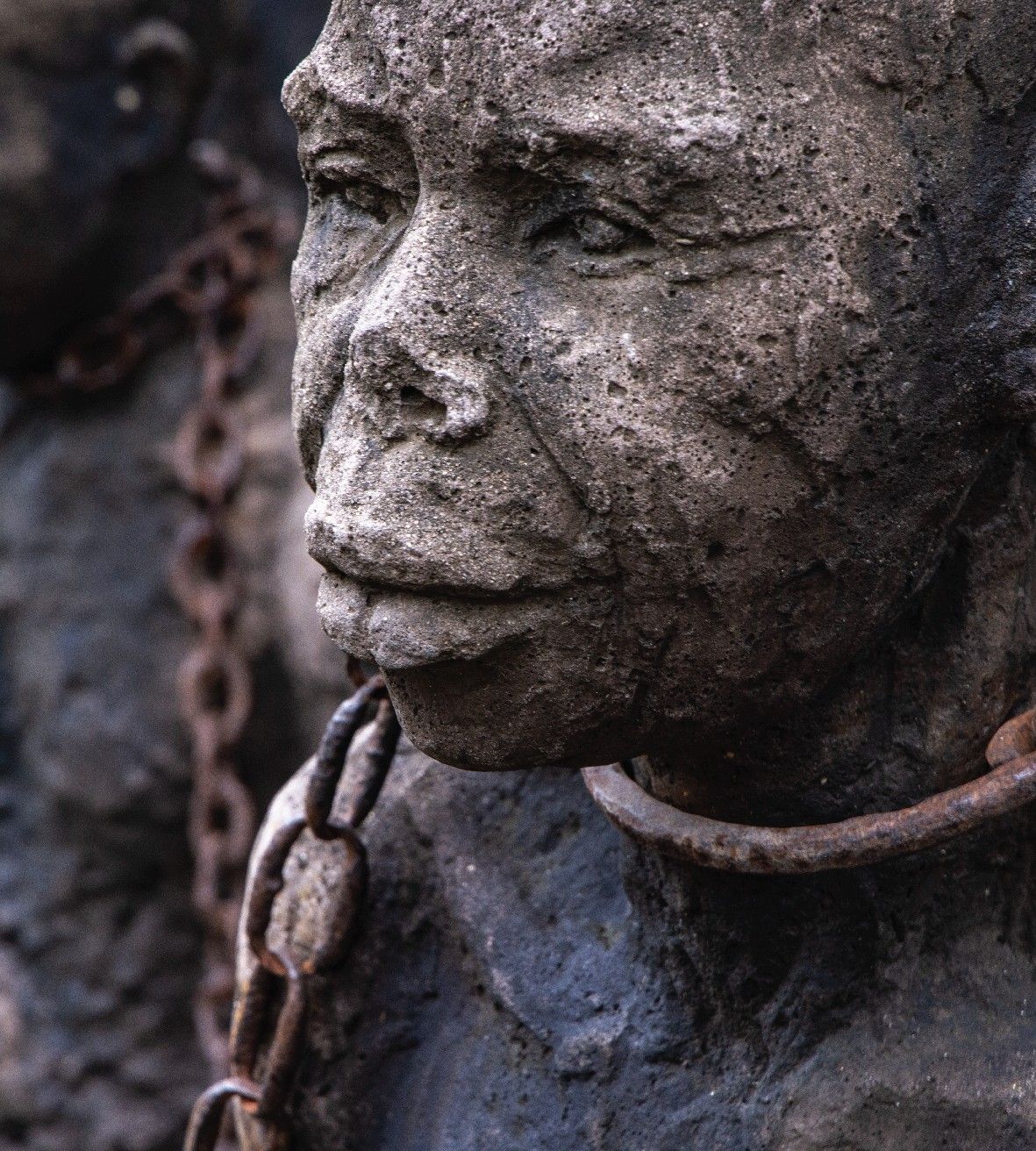

Timeless beauty
